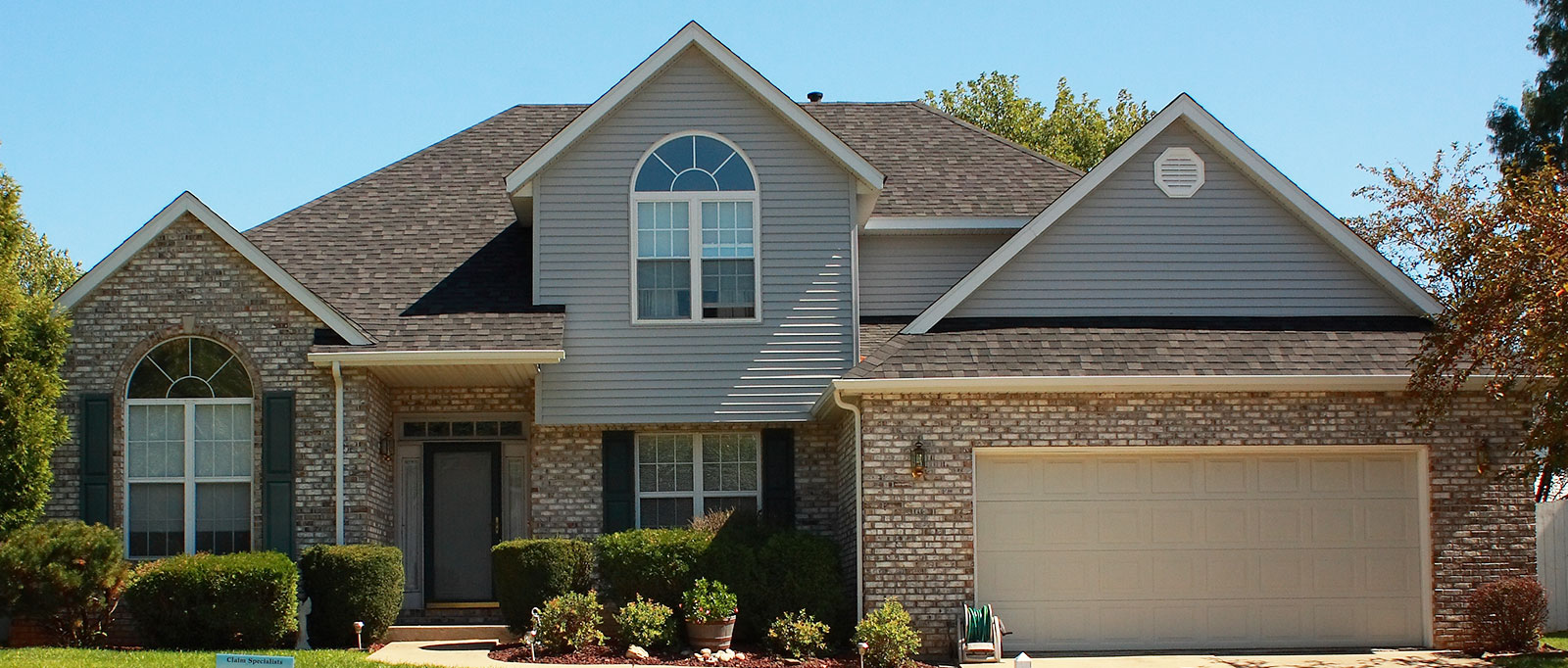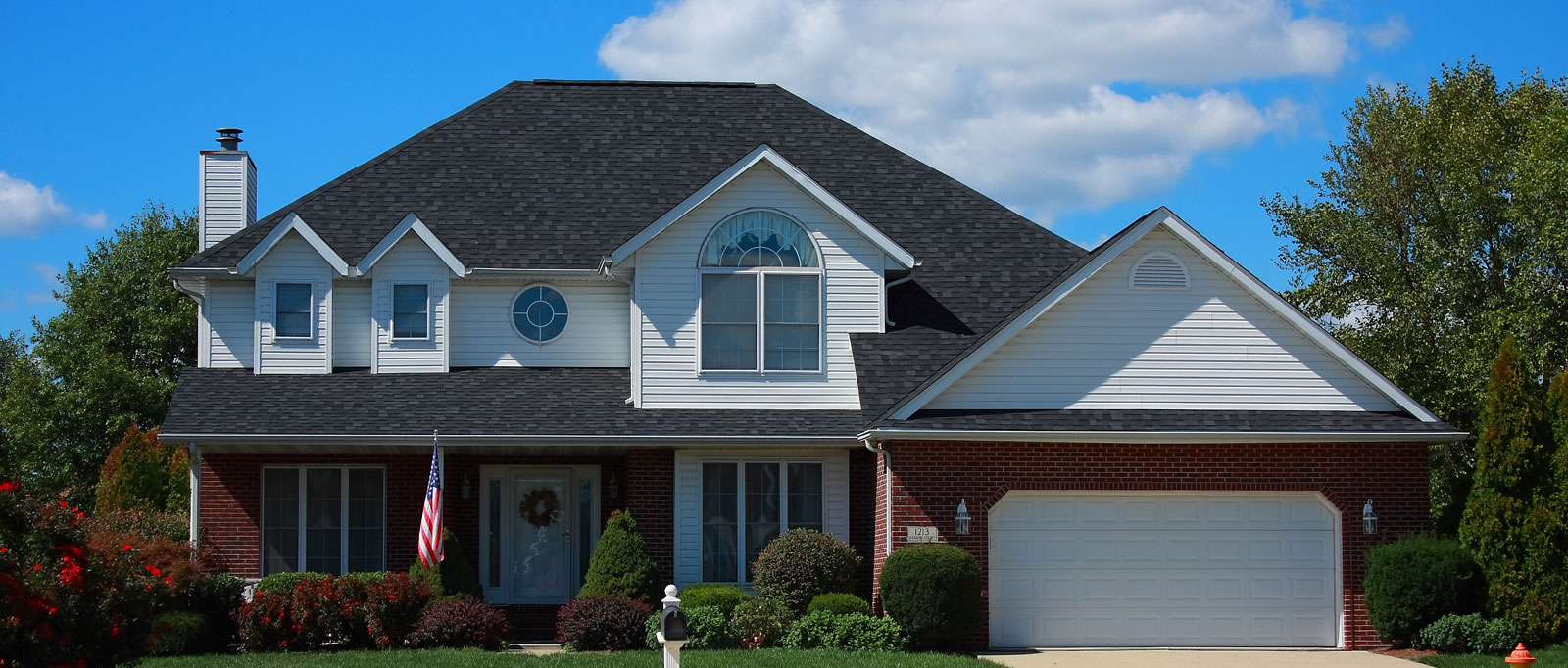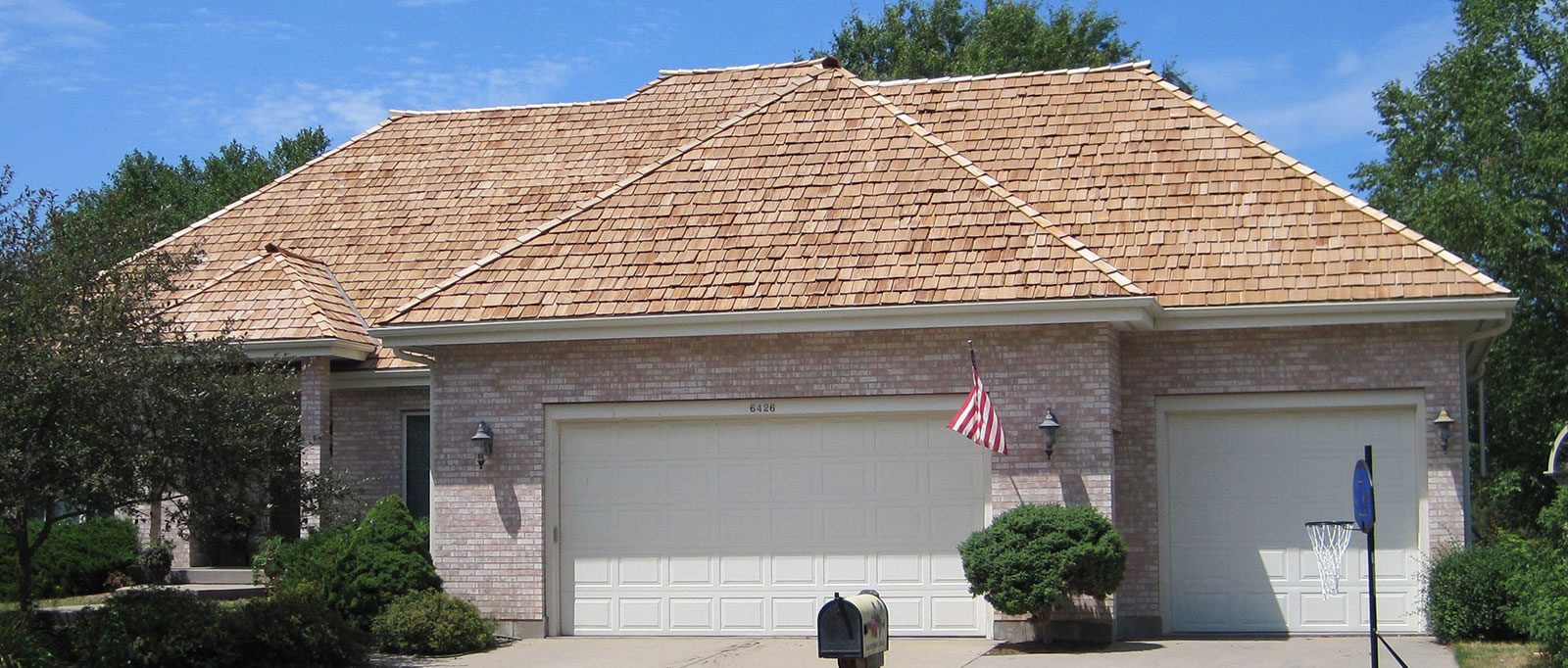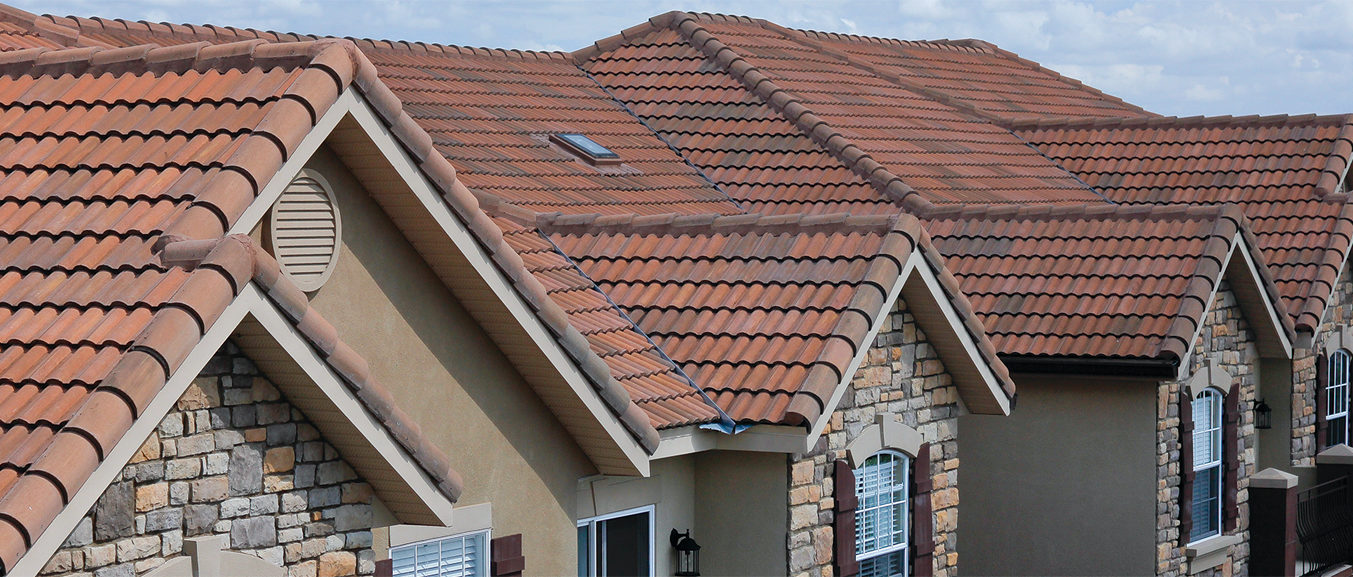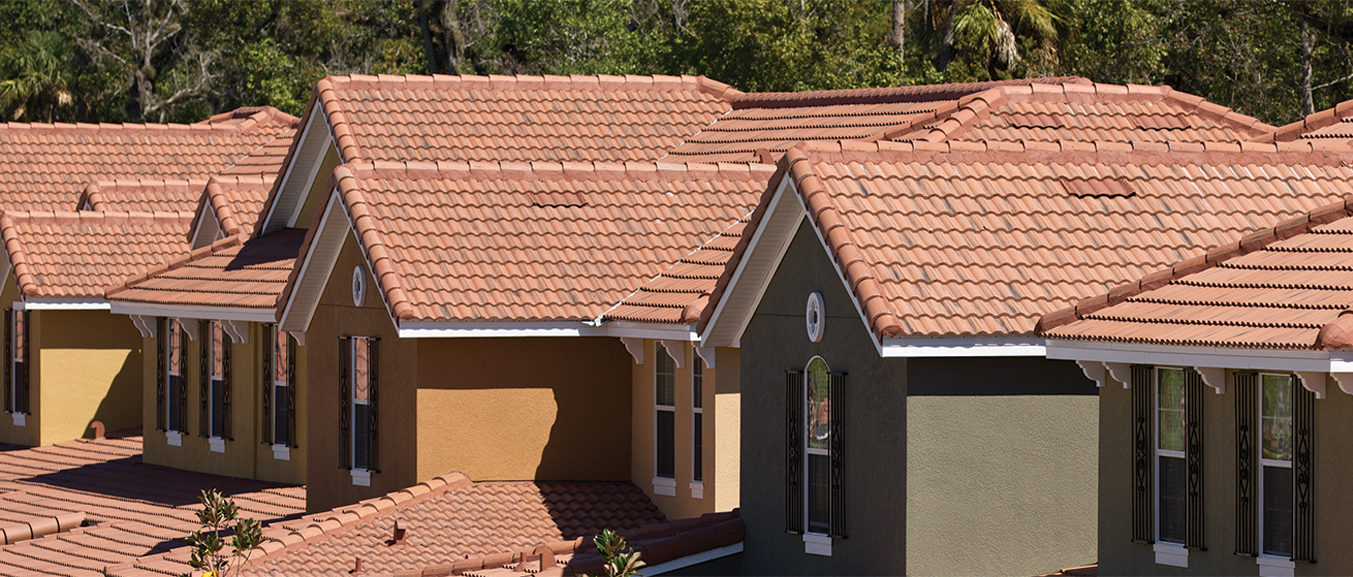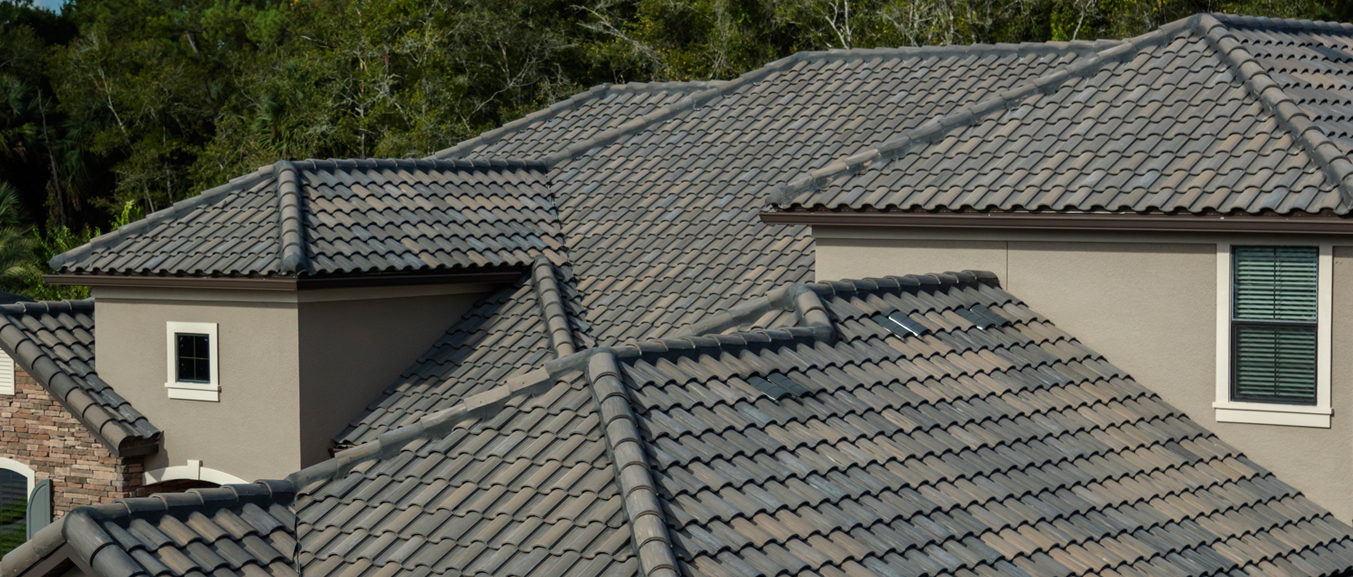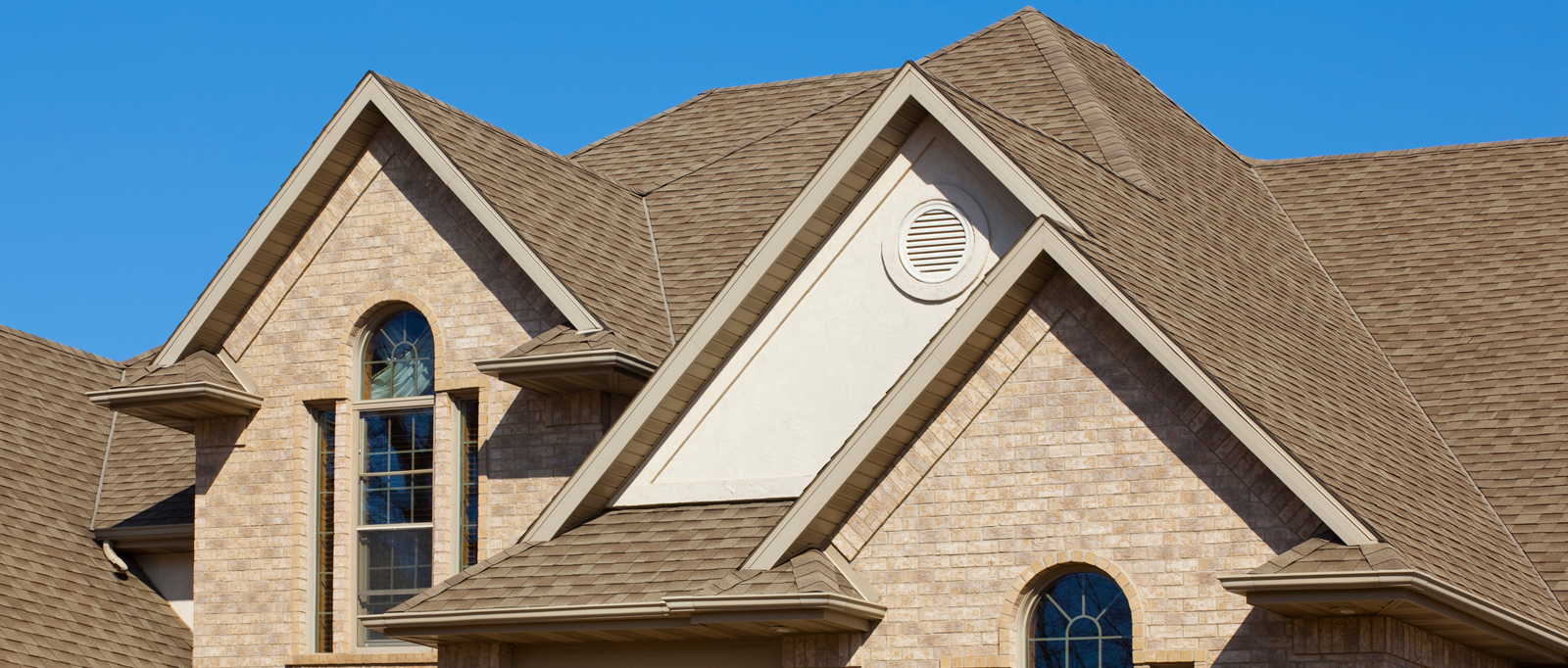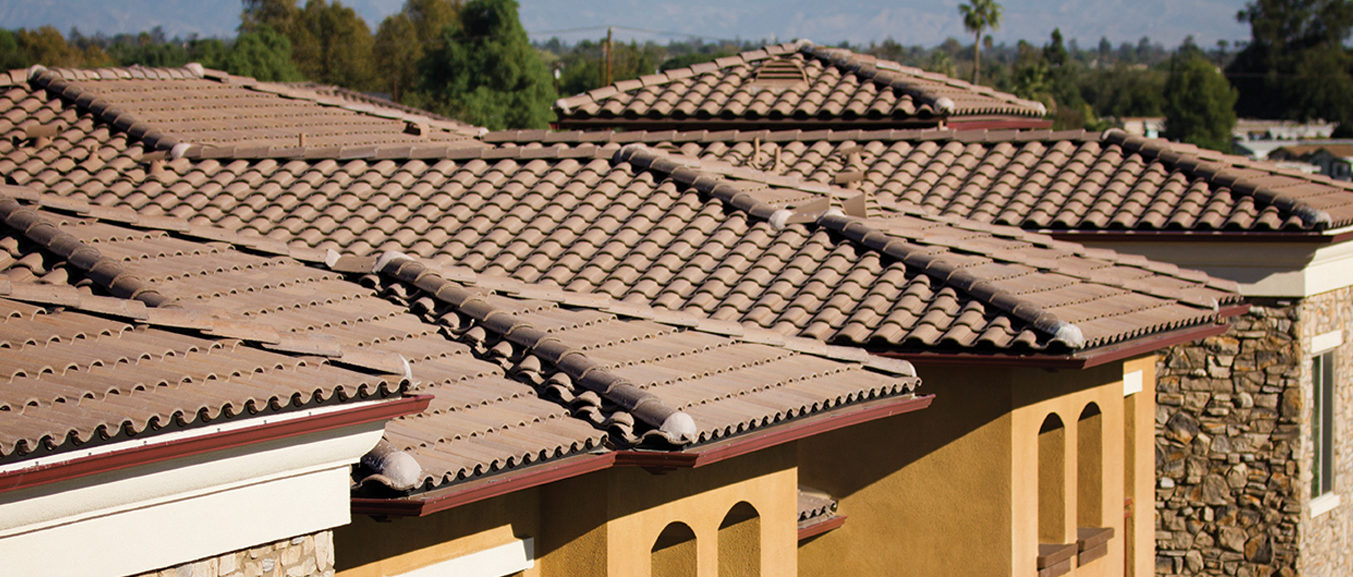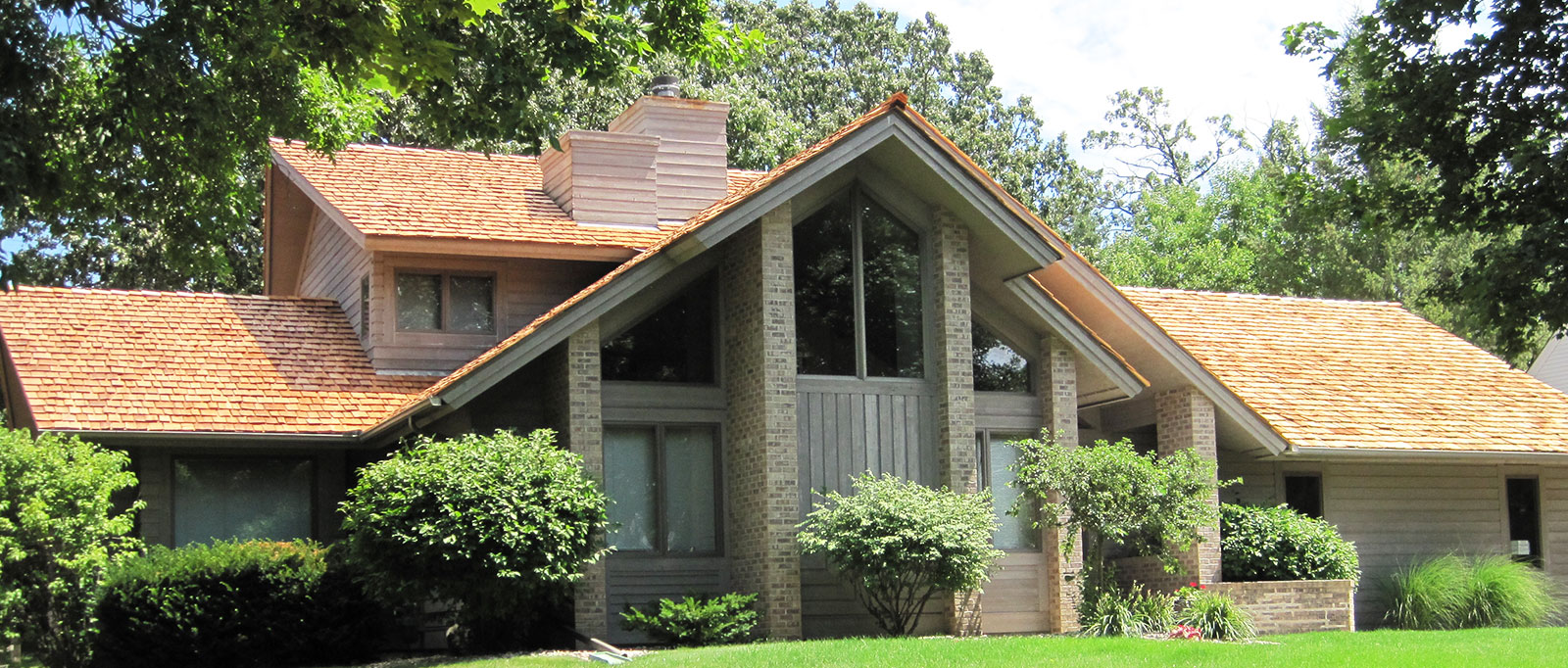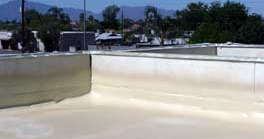 A modified bitumen roof system is a hybrid, asphalt built-up roof (BUR). It has the benefits of the built-in redundancy of the BUR, along with the added strength, flexibility, and UV resistance of a modified membrane.
A modified bitumen roof system is a hybrid, asphalt built-up roof (BUR). It has the benefits of the built-in redundancy of the BUR, along with the added strength, flexibility, and UV resistance of a modified membrane.
Modified bitumen membranes consist of an asphalt and polymer blend that allows the asphalt to take on characteristics of the polymer. There are basically two “types” of modified bitumen; APP modified bitumen or SBS Modified Bitumen. There are several surfacing options for this system which include a factory applied mineral surface, a gravel surface laid in bitumen — or a liquid applied coating that is typically reflective in nature.
- APP (Atactic Polypropylene) is a thermoplastic polymer that forms a uniform matrix within the asphalt. This enhances the bitumen’s performance by increasing its UV resistance and increasing its flexibility at low temperatures. APP-modified bitumen sheets are generally applied using a propane-fueled torch. Applicators use the heat to soften the modified bitumen on the underside of the sheet. The sheet’s bottom surface becomes a molten adhesive that flows upon the substrate and then cools to form a waterproof adhesive bond.
- SBS (Styrene-Butadiene-Styrene) modifies the asphalt by forming a polymer network within the bitumen. SBS gives the bitumen rubber-like characteristics and improved resistance to aging and weathering. Most SBS-modified bitumen sheets are either set in hot mopping asphalt, torch-applied, or adhered with cold-process adhesives. SBS-modified bitumen sheets that do not have factory applied granule or foil surfacing need some form of field-applied ultraviolet protective coating.
- While modified asphalt provides the primary waterproofing characteristics of these membranes, a reinforcing ply adds strength and puncture resistance. Glass fiber and polyester plies are the most commonly used reinforcing fabrics. Each has distinctive properties. Polyester has excellent elongation, tensile strength and recovery. It provides good puncture resistance and stands up well to foot traffic. Glass fiber resists flame penetration and provides excellent tensile strength and dimensional stability.
Advantages of modified bitumen roofing are:
- Proven historyTough, durable roofHigh resistance to roof-top traffic
- High puncture and tear resistance – available in different thicknesses
- Excellent elongation allowing ability to accommodate building movement
- Versatile application options
- Easily maintained — can be coated with elastomeric/acrylic coatings

